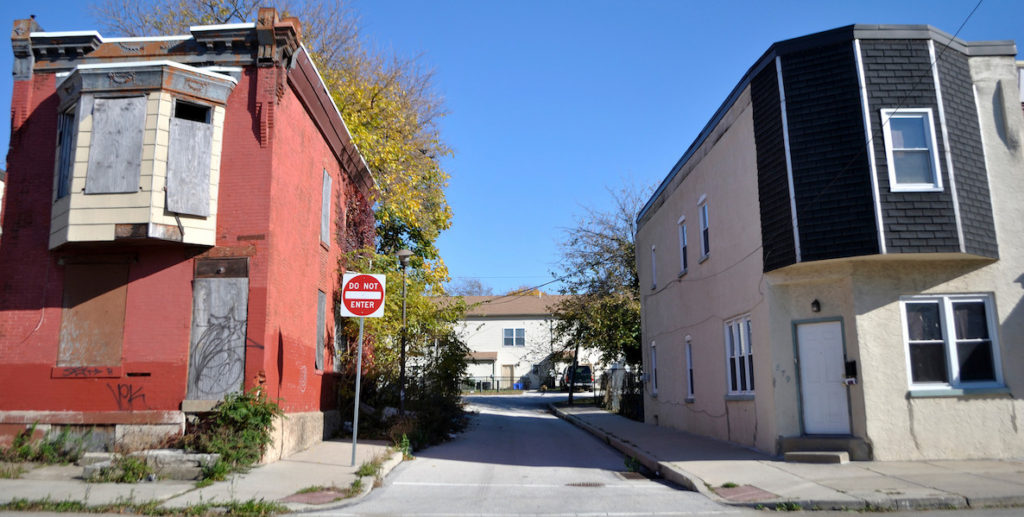City Council this week announced a package of affordable housing bills on the 50th anniversary of the Fair Housing Act that together hit much closer to the mark than other recent Council initiatives, from the perspective of promoting both continued housing growth and more equitable access to housing.
The main elements of the package include a 1 percent tax on abatement-eligible construction projects, stronger density bonuses to pay for affordable units, and the creation of a new sub-fund in the Housing Trust Fund that for-profit developers can tap in addition to non-profit developers like CDCs. The bill is projected to raise about $25 million a year for the Housing Trust Fund, based on the last 10 years of building permits.
The big picture changes include:
- A 1 percent tax on all construction projects that are eligible for the 10-year tax abatement, regardless of the type of construction or ultimate use of the building. It will be payable upon issuance of the building permit
- The creation of a new sub-fund of the Housing Trust Fund which will receive the new revenue, and be accessible to both for-profit and not-for-profit developers of affordable and workforce housing. (The current HTF is only available to non-profit developers.) Council is also looking to create a downpayment assistance program that would be funded out of this.
- The Mixed-Income Housing bill, championed last year by Councilmember Maria Quiñones-Sanchez, becomes optional and reworks density bonuses to be more useable, including an additional 7 feet of height and a 25 to 50 percent density bonus in RM-1 (small apartment buildings), and CMX-1, 2, and 2.5 (small to mid-rise mixed-use multi-family.) Builders will have the option to include the affordable units on-site, or pay an additional 1 to 2 percent of construction costs into the fund, depending on the level of bonus sought.
The amended Mixed-Income Housing bill, which this replaces, was in pretty rough shape politically and substantively when we last left it. The original political logic of that bill involved requiring builders to include a percentage of Below Market-Rate (BMR) units in their buildings, which would be paid for by increasing the allowable density.
There’s a good argument that all property owners should have a role to play in funding Philly’s affordable housing needs. Property owners in appreciating neighborhoods have certainly profited from rising land values over the years, and it doesn’t make sense to absolve them of all responsibility.
The numbers set forth in the original bill didn’t actually work out to pay for the new units, but as an internal BIA analysis showed, there was an option to tweak the numbers and fully pay for the units with the density bonuses such that all parties—builders included—would be better off.
The new package of bills restores the basic political logic of the original bill, with the added density as the pay-for for the affordable units, along with what amounts to a tax on the 10-year tax abatement. Notably, the tax would be applied not only to residential construction projects, as in Councilmember Sanchez’s bill, but commercial and non-profit construction projects, and residential renovation projects as well.
The fact that the bill has already attracted eight co-sponsors is another sign that Councilmembers found a political sweet spot with this framework.
Already there are some complaints about the latter, but the flipside of this is that the broad base and low rate are important for limiting any drag on total housing construction from the new tax. And politically, there’s a good argument that all property owners—not just users of new housing—should have a role to play in funding Philly’s affordable housing needs. Property owners in appreciating neighborhoods have certainly profited from rising land values over the years, and it doesn’t make sense to absolve them of all responsibility. Everyone has a role to play in meeting this challenge.
Jon Geeting is the director of engagement at Philadelphia 3.0, a political action committee that supports efforts to reform and modernize City Hall. This is part of a series of articles running in both The Citizen and 3.0’s blog

